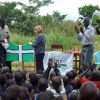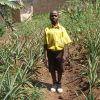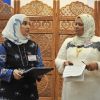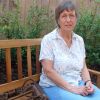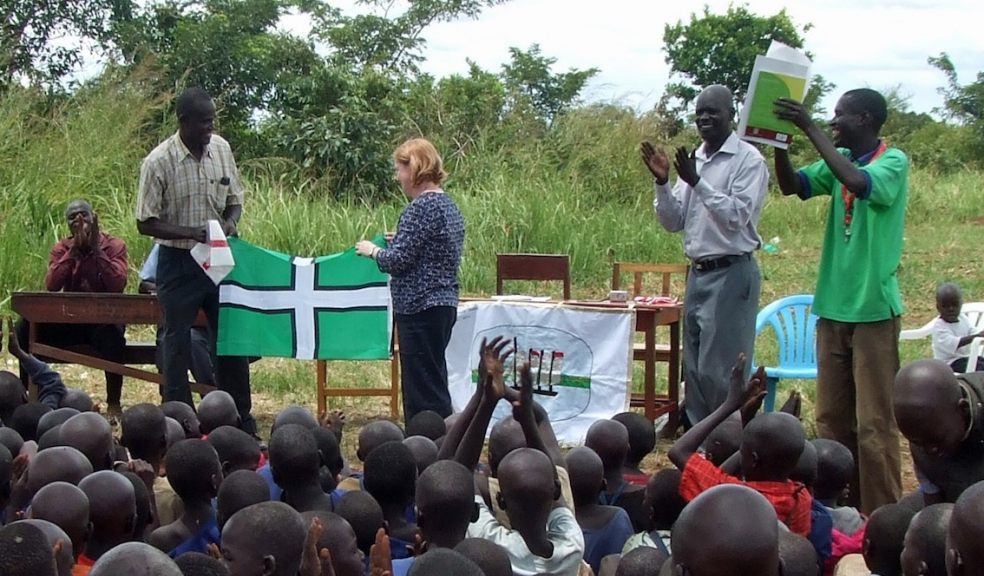
Bringing a global view to Devon
An Exeter-based education charity which aims to increase learning about other cultures and global events celebrates its 10th anniversary this summer. Laura Joint has been finding out about its work.
In an office in Exeter, the small group of part-time staff at Devon Development Education (DDE) are busy working on their latest innovative projects. For the past decade, the registered charity has been responsible for developing award-winning international learning projects for schools across Devon, uncovering Exeter’s hidden multicultural history and establishing Devon’s Fairtrade status.
The impact of its work is felt much further afield, however. Just ask the children of the schools in Uganda, where DDE development officer Sue Errington has just spent three weeks. Sue has been with DDE right from the start: “The aims haven’t changed,” she explained. “It’s about enabling people to find out what’s going on in the world; how they’re connected with that, and what their place is in the big and small global issues.
“There is also the education element. Devon is a very rural county and we have a lot of people who don’t have very much contact with people from other ethnic groups so part of our work is to enable schools and young people to have that experience.”
DDE has 16 ‘Cultural Champions’ to help. Coming from a variety of cultures and all fully trained, these Cultural Champions provide ‘diversity in person’, visiting schools in Devon to give youngsters a multicultural experience they might not otherwise have.
Another initiative is the Food For Thought programme, which links rural primary schools in Uganda with schools in Devon: “I’ve just spent three weeks in Uganda and the work is just inspiring,” said Sue. “It’s remarkable what is being achieved with a little bit of money and support from our end. We ask our schools here to contribute £600 a year, which pays for a key farmer trainer to work in the schools in Uganda.
“You can see the impact. Alphington Primary School in Exeter is linked to Rwabagabo Primary School in Mubende District and children from both schools have learnt an enormous amount about each other. Here, the children have also learnt about where food comes from, what is different about organic food and the influence of the seasons, which is part of the science element in the National Curriculum. In Uganda, it’s all about getting the skills to succeed as small-scale farmers, which is their future. We’ve started work in a second area in Uganda, where the schools have developed a plot of land where they grow enough food to feed the children lunch. It’s really impressive.”
One of the biggest roles played by DDE in recent years is helping to establish and retain Fairtrade status for Devon: “We were asked by Devon County Council to work with others in the county to get Fairtrade status for Devon and we succeeded and have renewed it twice,” said Sue. “Our big occasion every year is Fairtrade Fortnight, when we invite a Fairtrade producer to come to Devon. We are currently supporting Exeter Diocese, which is also working to achieve Fairtrade status.
“This work reminds people here that our choices have a role to play on other people so if we buy Fairtrade produce, we can have a positive impact on the lives of these producers.”
Changes in government policy and funding have hit the charity hard. Staffing levels have been reduced to just three paid part-time employees, including Ghee Bowman, who is currently working as co-ordinator of the Telling Our Stories, Finding Our Roots project in Exeter, which is uncovering the city’s multicultural history.
The project, launched in September 2012, will culminate this November with public events, a guided tour, short films and a website which includes downloads for schools.
“This will change people’s perceptions of Exeter without any question,” said Ghee. “You’ve got Exeter looking in the mirror and it sees itself in one way, as a white face. After this, it’s going to look in the mirror and see it with some other colours and depth in it. Beneath the streets and behind the doors there are all sorts of hidden histories. Right now, we are sitting next to a mulberry tree that was brought here 300 years ago from China because the guy wanted to grow silk worms for a silk factory. These stories are all around us. We’re bringing things forward that have been hidden or not widely known. It’s all there, just under the surface, but no-one chooses to remember it.”
The research is being carried out by 22 volunteers with multicultural backgrounds. Topics include Exeter’s perspective on slavery and its abolition, black GIs during the Second World War, the city’s Jewish community which dates back to before 1290 and the Islamic presence in Exeter: “Exeter – and Devon in general – is viewed as white British and we’re going to show some of the diversity that has existed here,” said Ghee.
Heritage Lottery Funding, which pays for the project, runs out later this year but Ghee has applied for a further grant so that more stories from in and around Exeter can be uncovered.
Funding is the biggest issue facing DDE, which has been developing modern language resources to sell to schools. Its ‘Take Mali’ programme provided French learning and forged links with communities in the African state. It picked up two education awards for its innovation and prompted a follow-up, Hola Perύ, a Spanish learning programme with cultural links to the South American country. DDE is planning a major launch of Hola Perύ at the start of the next academic year in preparation for the newly-announced National Curriculum and money raised from sales to schools is vital for its continued work.
In the meantime, DDE is waiting for a decision on a funding bid for its next project, which will seek to find a black poet or writer from London to work with schools in rural Devon. Sue explained: “We’re very excited about this work with Holsworthy Learning Community. All the schools are very interested in the project, which we’re calling ‘Bringing the World to Rural Devon’. Some of these children have never been to London, so it would be wonderful to bring a bit of London to them.”
It’s just the latest initiative aimed at increasing global awareness among young people in Devon. “This work is very important,” said Sue. “It makes us more outward looking, more imaginative and creative, and more interested and open to meeting people from other parts of the world on an equal basis. Devon might be a rural county, but we do not live in isolation.”









